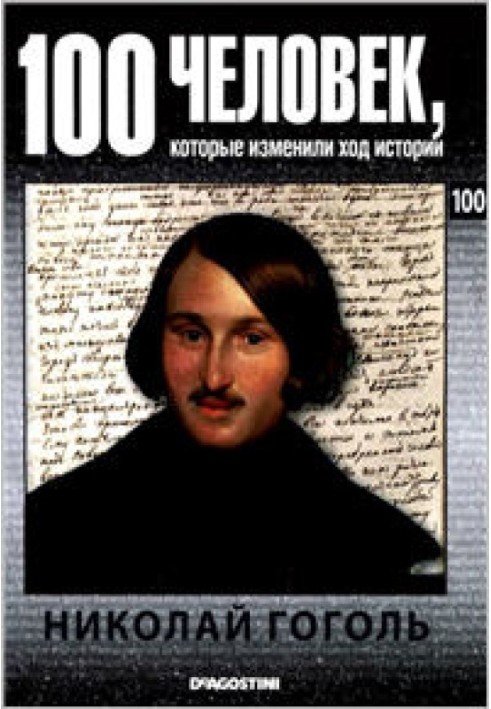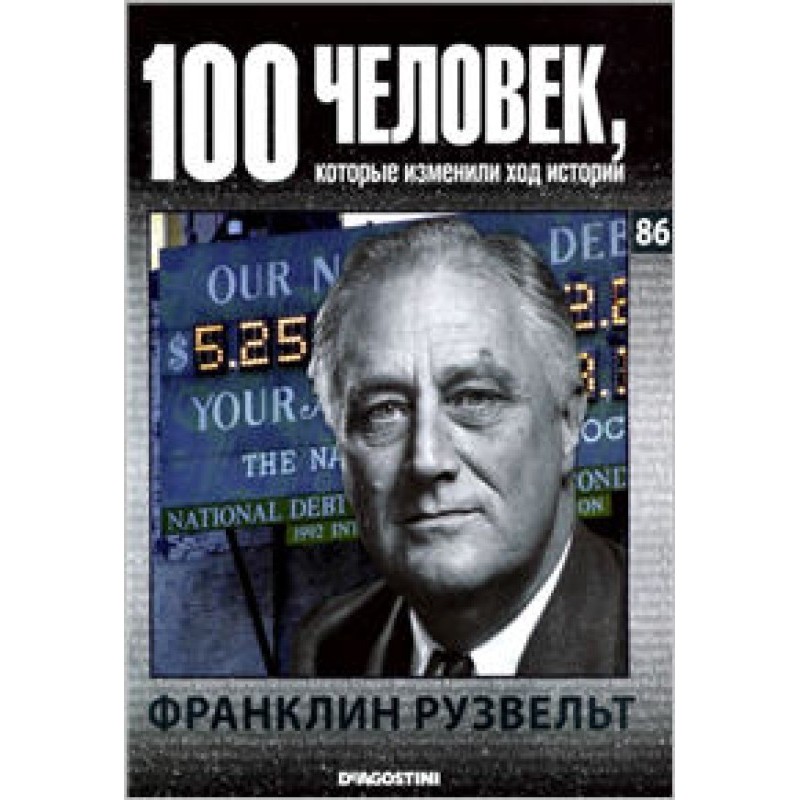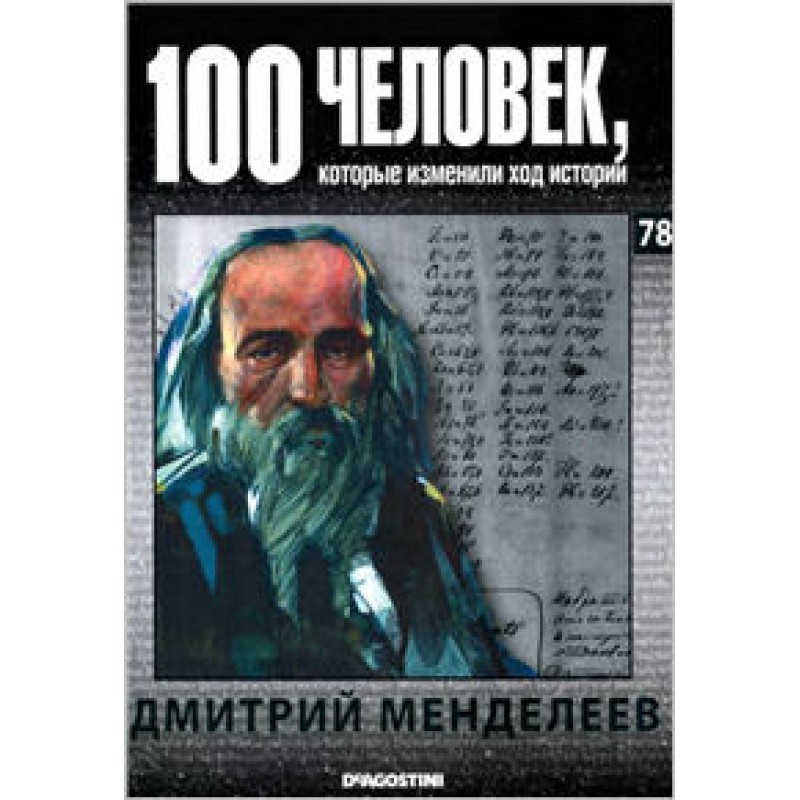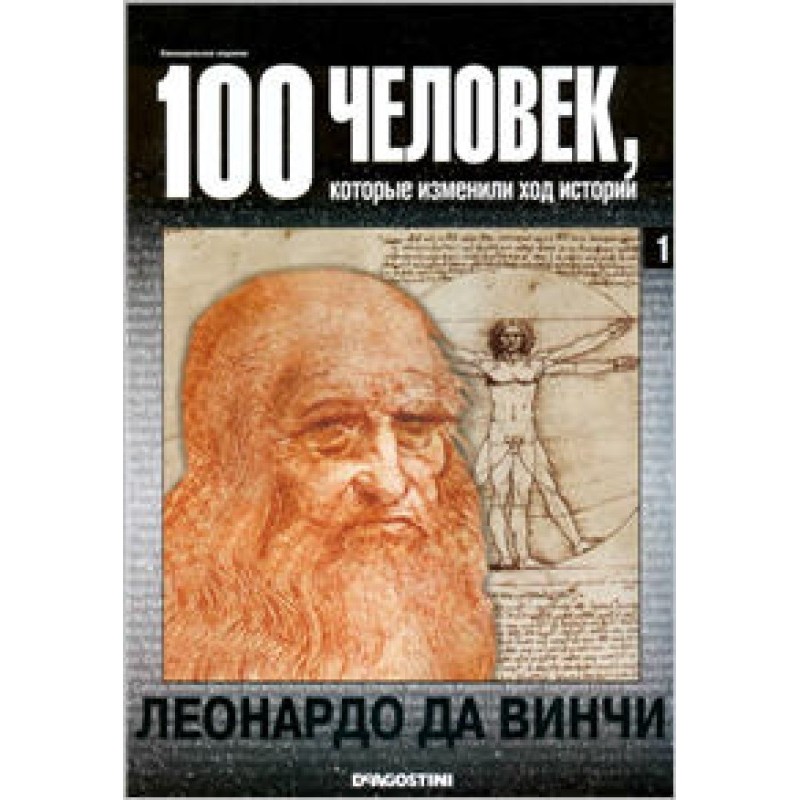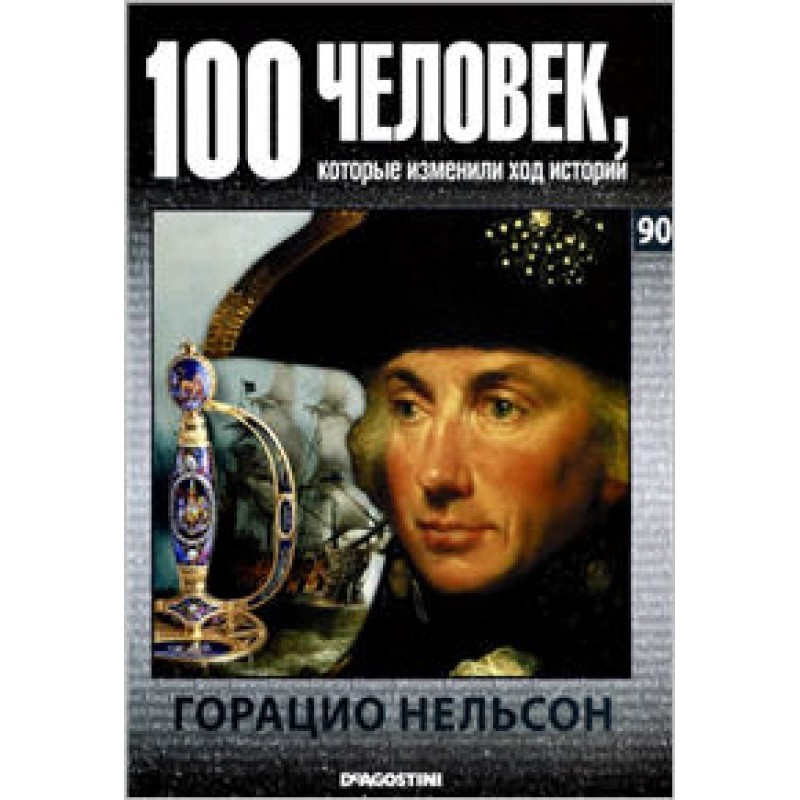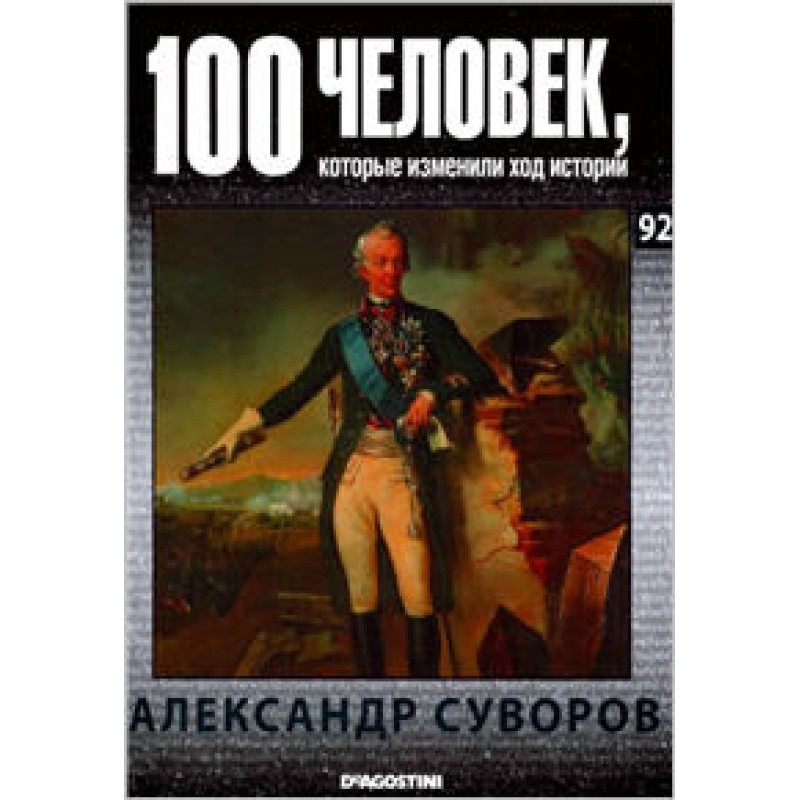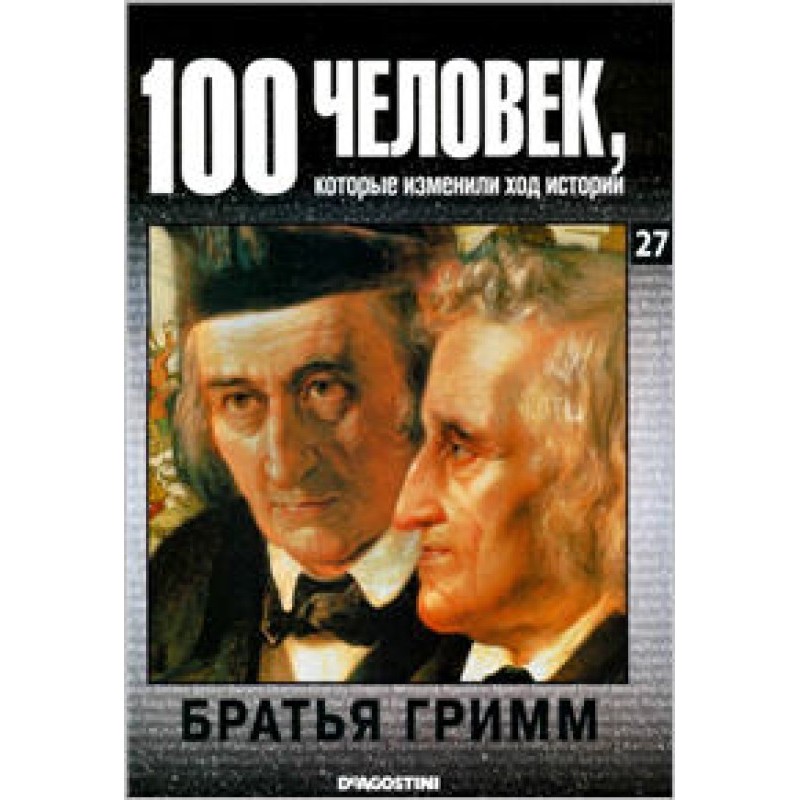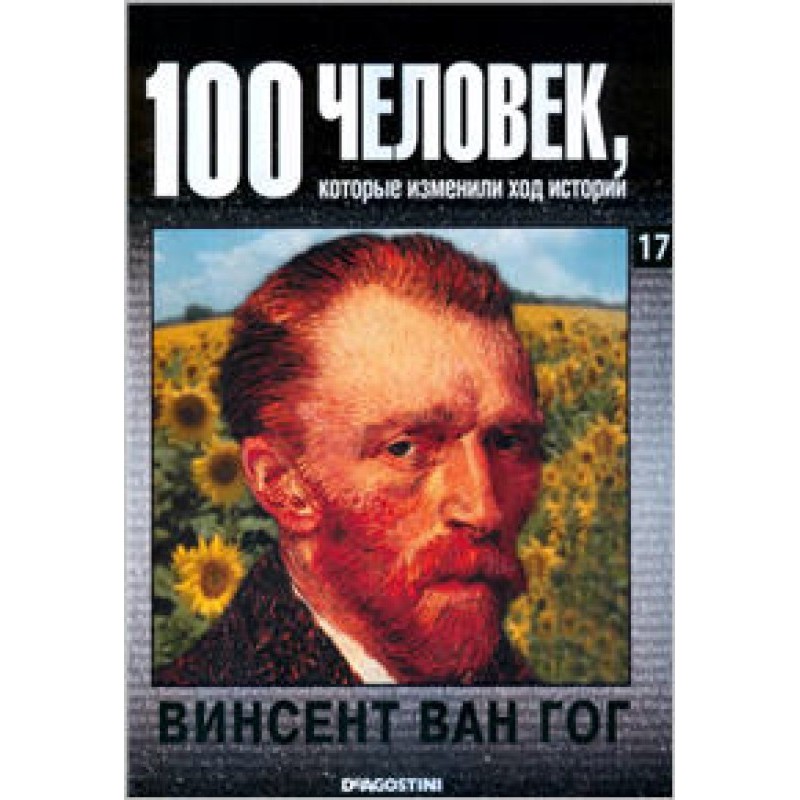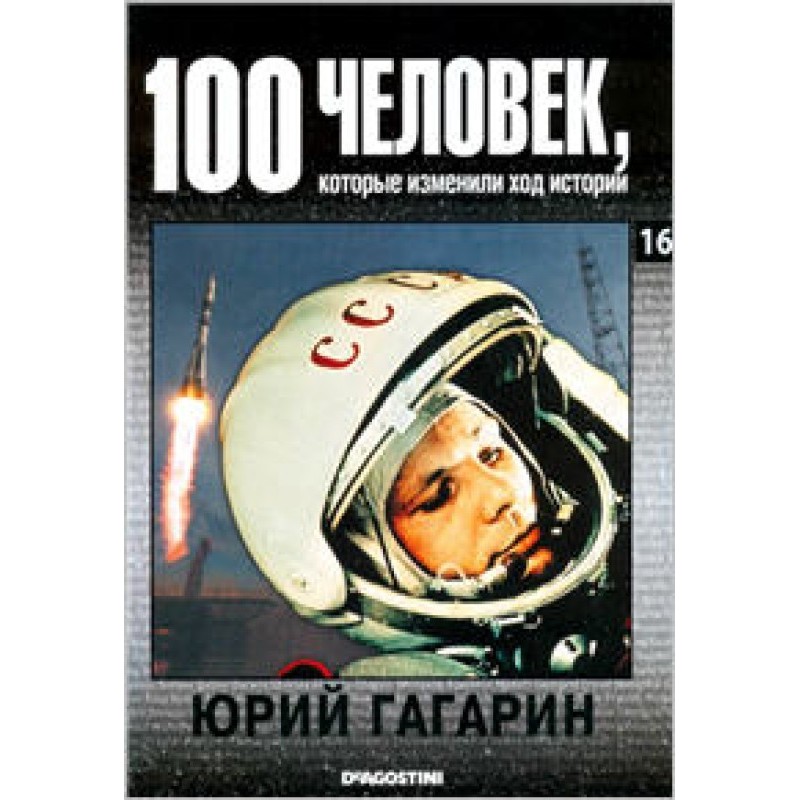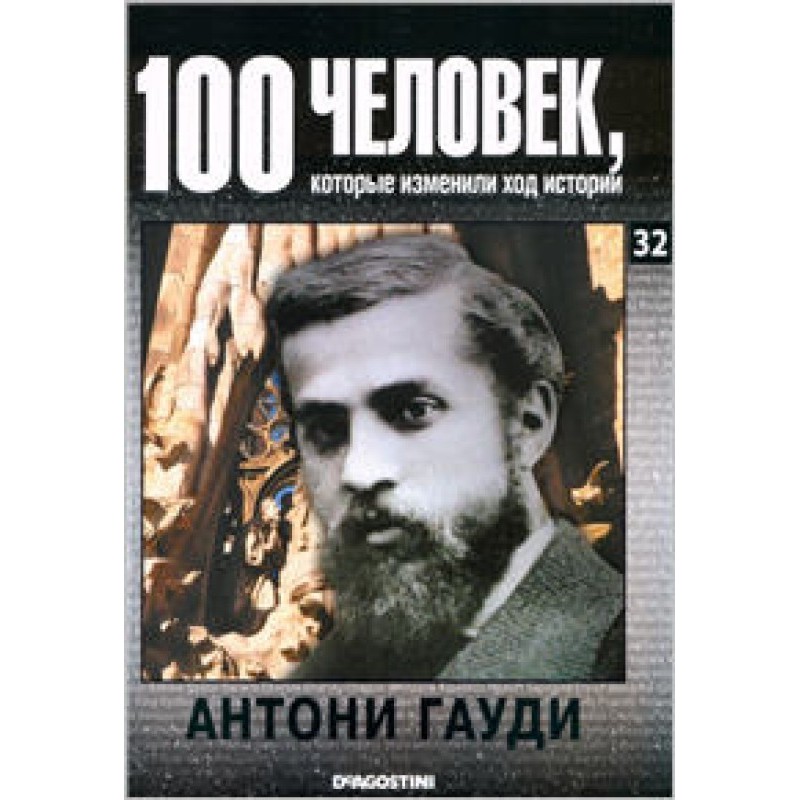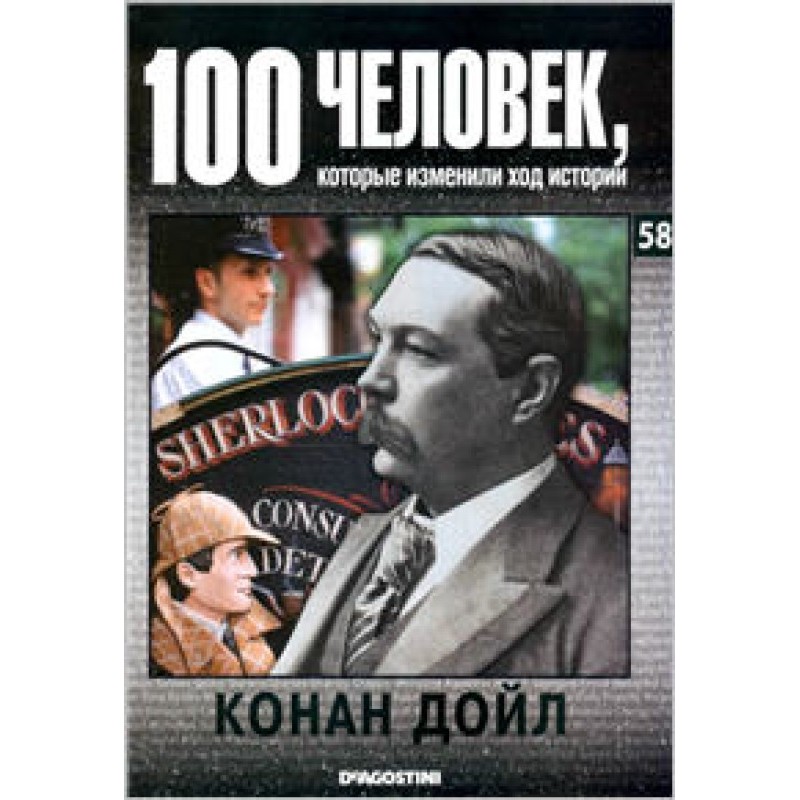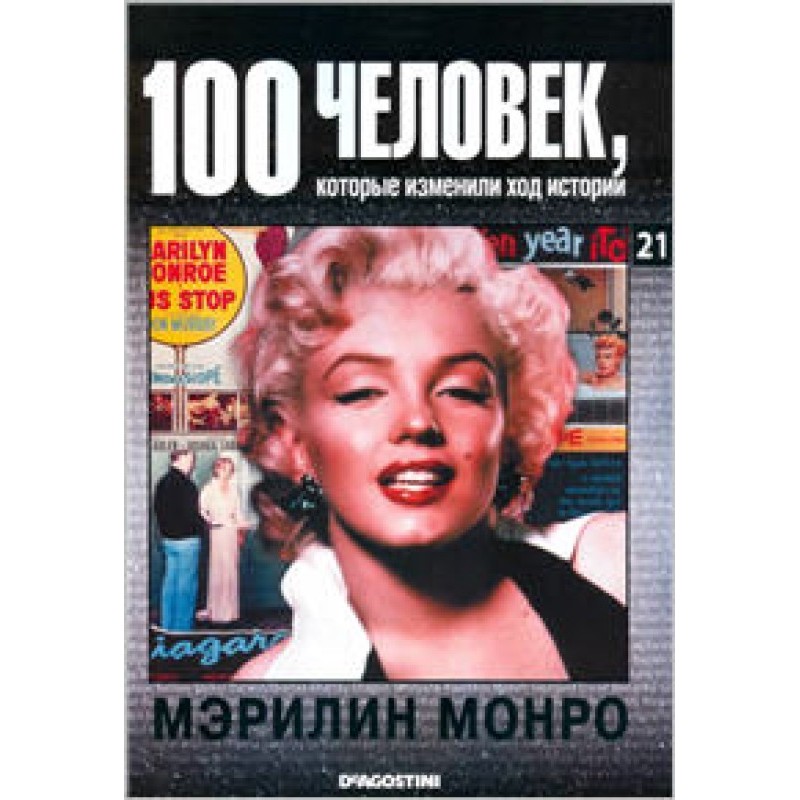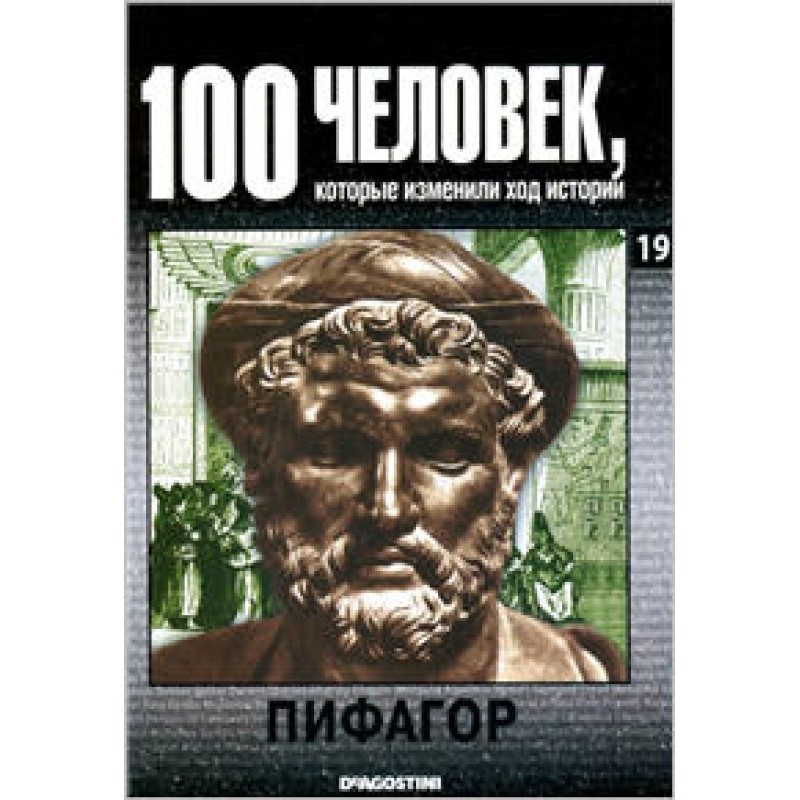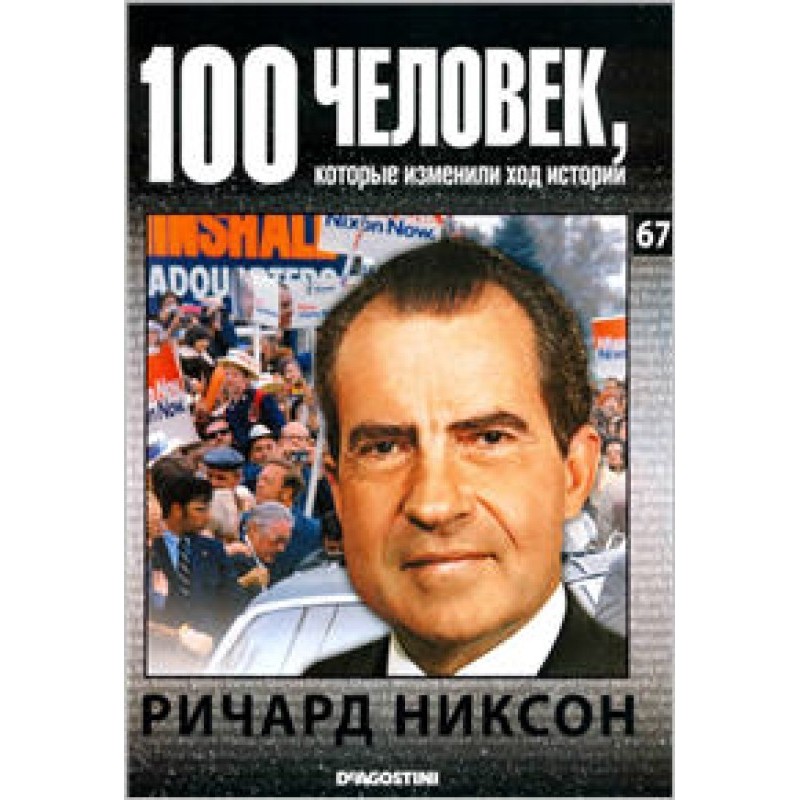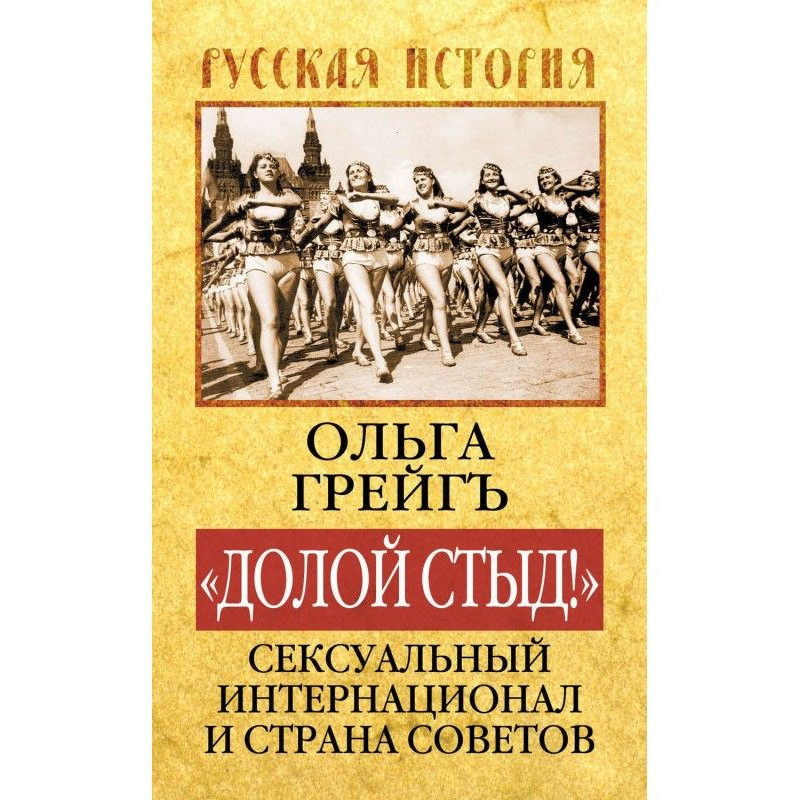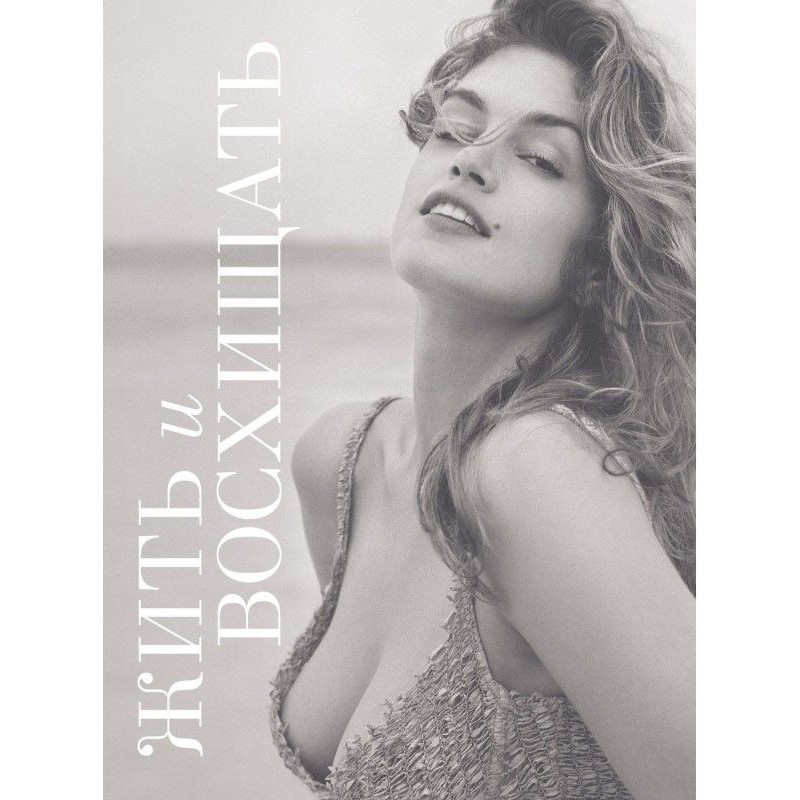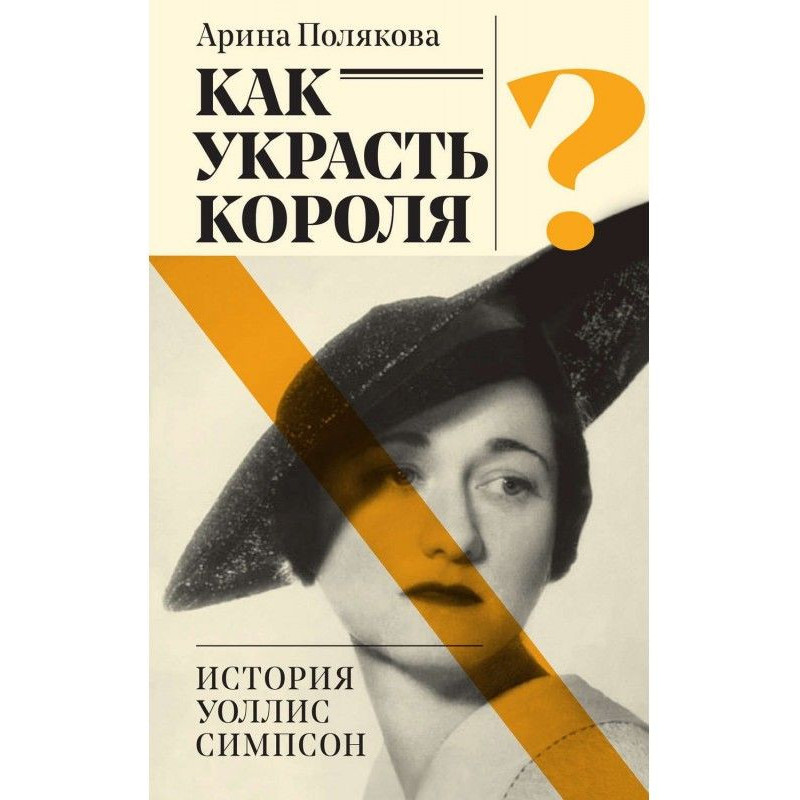Nikolay Gogol
 Instant download
Instant download
after payment (24/7)
 Wide range of formats
Wide range of formats
(for all gadgets)
 Full book
Full book
(including for Apple and Android)
Dozens of books and thousands of articles have been written about Nikolai Vasilyevich Gogol (1809-1852). His life has been restored to the smallest detail, his texts have been analyzed, commented and interpreted, his heroes have long ago turned almost into folklore characters. It would seem that everything has been said about the great writer, but time passes, and new generations of readers and researchers discover Gogol anew. Gogol was not just an artist, but an artist-thinker, an artist-preacher, an artist-prophet. From a historical perspective, Gogol's creativity was revealed gradually, revealing its deeper and deeper levels with the passage of time. For his immediate successors, representatives of the so-called natural school, social motives, the removal of all prohibitions on the theme and material, everyday concreteness, as well as humanistic pathos in the depiction of the “little man” were of paramount importance. At the turn of the 19th and 20th centuries, the Christian philosophical and moral problematics of Gogol’s works were revealed with particular force; subsequently, the perception of Gogol’s work was supplemented by a sense of the special complexity and irrationality of his artistic world and the visionary courage and unconventionality of his pictorial manner. “I will laugh at my bitter word” - this quote from the Old Testament Book of the Prophet Jeremiah, which, at the suggestion of M. Pogodin, was placed on Gogol’s tombstone, is an accurate metaphor for the fate of the great writer. The comic in his books (especially the mature ones) carries within itself a tragedy - the tragedy of the impossibility of an embodied ideal on earth. Gogol himself did not always believe in this impossibility, but the tragic ending of the artist’s life itself became its apotheosis. Vladimir Nabokov wrote: “Gogol’s prose is at least four-dimensional. He can be compared with his contemporary mathematician Lobachevsky, who blew up the Euclidean world...” All this determined the enormous and constantly growing role of Gogol in modern world culture.
Data sheet
- Name of the Author
- Анастасия Жаркова Евгеньевна
- Language
- Russian
Reviews
Велич і глибина творчості Гоголя
Книга про Миколу Гоголя - це справжнє відкриття для тих, хто хоче зрозуміти не лише його творчість, а й його особистість, світогляд та вплив на літературу. Автор детально аналізує життя і творчість Гоголя, розкриваючи його як художника-мислителя, який не лише створював літературні шедеври, а й порушував важливі соціальні та моральні питання. Читання цієї книги дозволяє зануритися у світ Гоголя, зрозуміти його глибокі переживання і філософські роздуми. Особливо вражає, як автор підкреслює багатогранність гоголівської прози, її здатність поєднувати комічне і трагічне, і як це відображає складність людського існування. Ця книга стане не лише цінним джерелом знань для літературознавців, а й натхненням для всіх, хто цінує глибокі роздуми про життя і мистецтво. Рекомендую всім, хто хоче поглибити свої знання про одного з найзначніших письменників в історії світової літератури!

